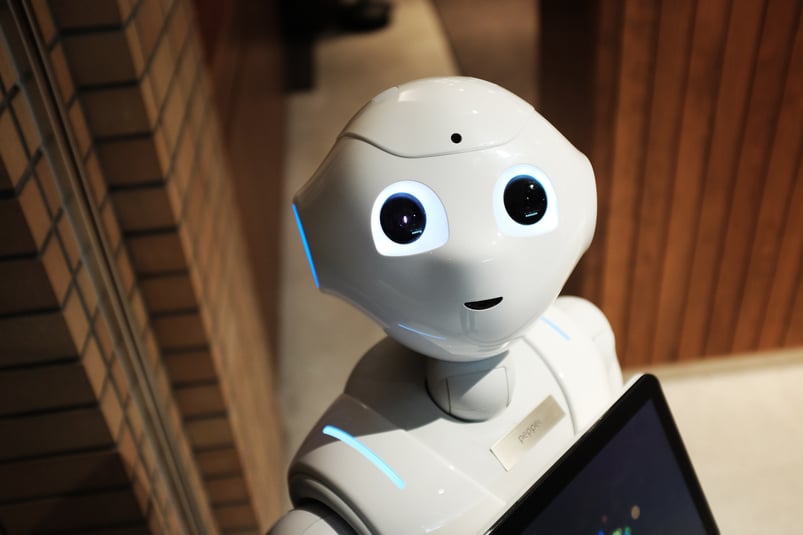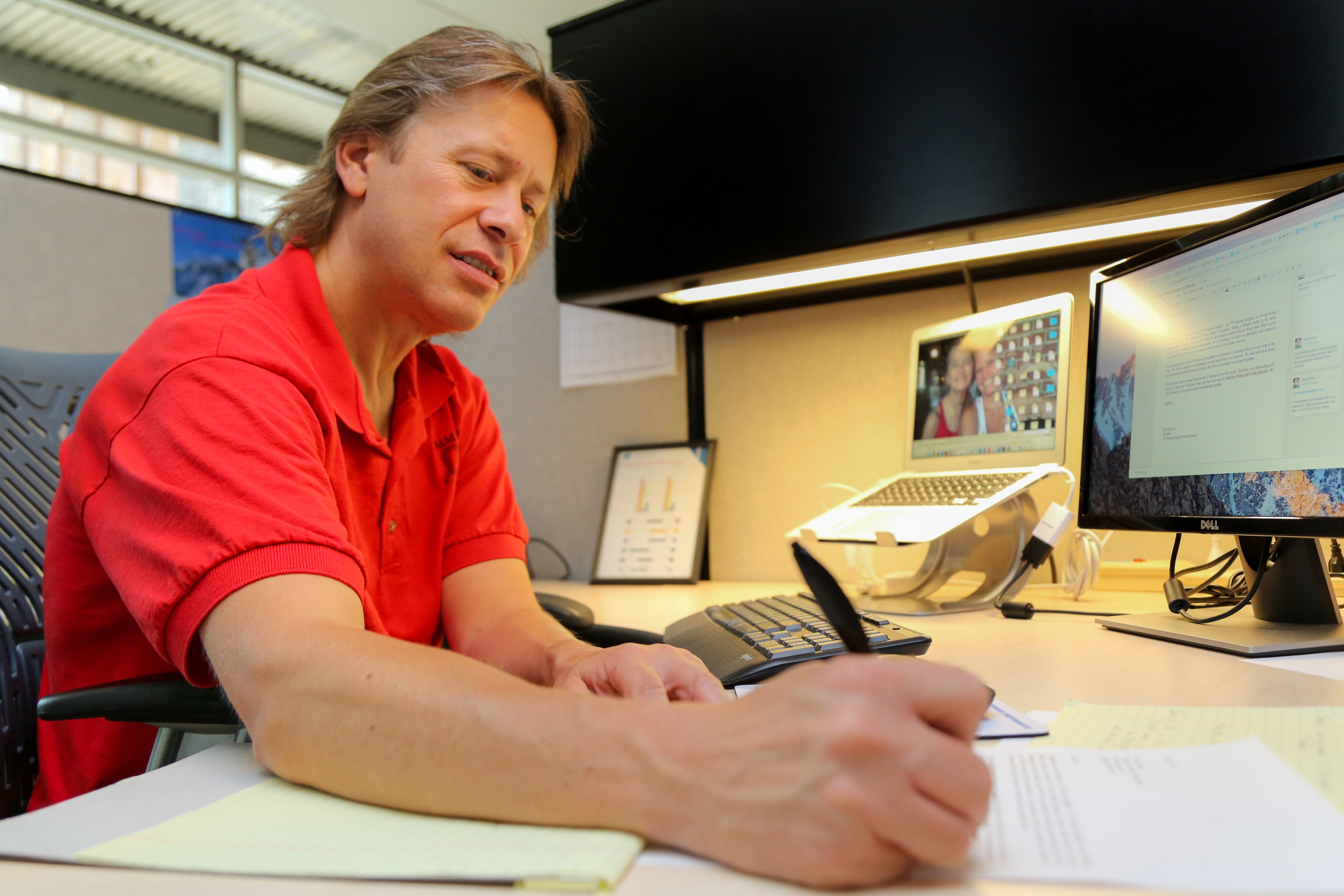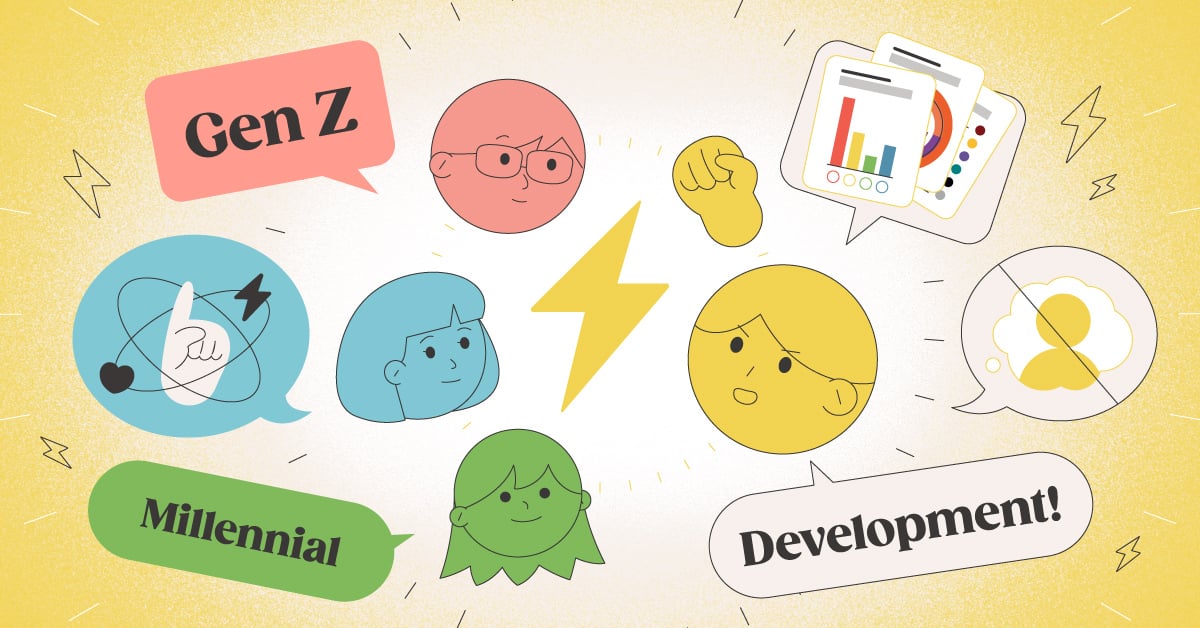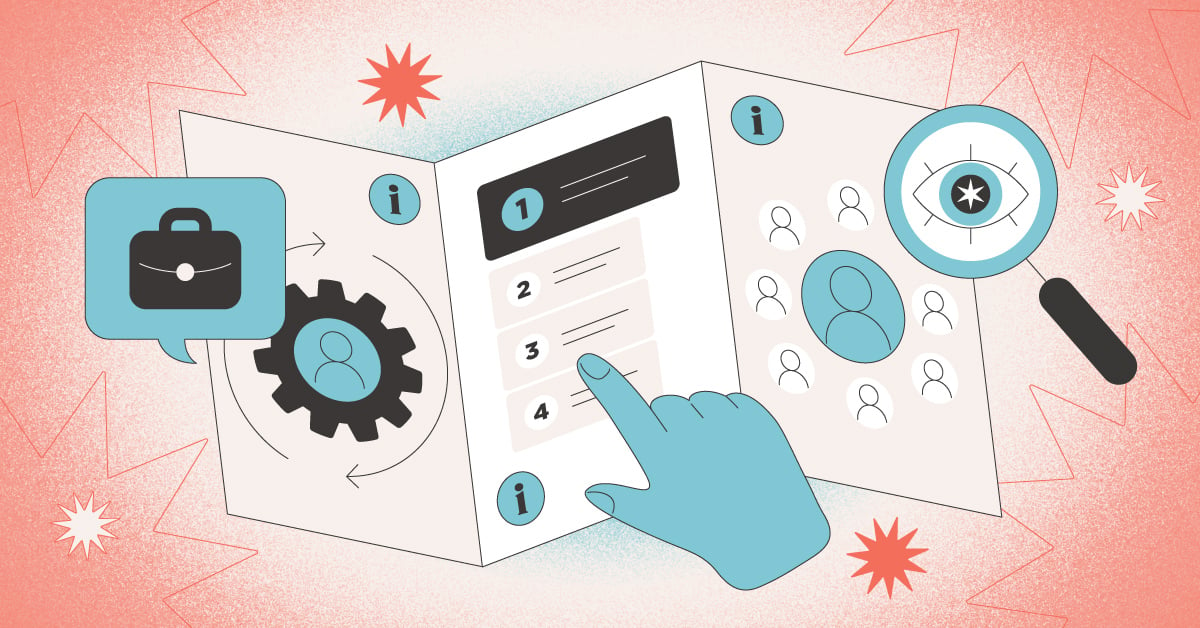 There is a paradigm shift occurring pertaining to hiring, retaining, developing or managing the best talent in the market. The workforce of the not too distant future may have an entirely different look than the workforce of today. In her article, “There will be plenty of jobs in the future, you just won’t be able to do them,” Caroline Fairchild notes the quickly changing landscape of jobs and who will be the ones to perform in these roles.
There is a paradigm shift occurring pertaining to hiring, retaining, developing or managing the best talent in the market. The workforce of the not too distant future may have an entirely different look than the workforce of today. In her article, “There will be plenty of jobs in the future, you just won’t be able to do them,” Caroline Fairchild notes the quickly changing landscape of jobs and who will be the ones to perform in these roles.
While some industries will go away, others will flourish, and others yet will be manned by robots. If a robot takes your job, do you have a plan to keep a steady flow of income for you and your family? Or are you prepared to make yourself “bot-proof” in the job market as things continue to change?
Fairchild states, “Within the next 15 years, nearly 15% of the global workforce may need to switch jobs, according to a new report released by the McKinsey Global Institute. By 2030, 75 million to 375 million workers will change occupation categories while another 400 to 800 million could be displaced by automation and required to find new jobs entirely. Meanwhile, all workers will need to adapt and heighten their skills to keep up with advances in technology.”
With an alarming forecast such as this, people not only need to be open to change, they better have a plan to implement change sooner rather than later. How might being more in tune with what you value about your surroundings help you to beat the bots? What values will workers need to develop to increase their skills and transition into new roles?
For someone who values beauty in their surroundings, is driven by the experience and is energized by subjectivity, these three areas may be excellent areas to explore in the new world that should be safely devoid of bots.
- Working in unpredictable environments
Maybe you are a corporate executive winding down your career in your comfortable corner office. If so, congratulations - you’ve beaten the bot revolution. But if that doesn’t sound like you, you may want to consider the possibility of working in a completely different industry from your current one in the future. Certain types of jobs will always need a human touch to do the job, these jobs can be otherwise known as unpredictable environments. Jobs such as plumbers, teachers, gardeners, electricians and other trade specialists simply can’t be replaced effectively by a robot. It’s never too late to develop a new life skill that will protect you if the job you do today ends up being replaced by a robot in the future.
To truly enjoy what you do, it’s important to take some time to think about a few key points. What activities lift you up, get you excited and fill you with energy and optimism? While you may feel these emotions while enjoying a favorite hobby or pastime, take a long look to see if you could turn one of your hobbies into a career. Maybe you love baseball but playing isn’t a viable option. Consider being a statistician, a season ticket sales person or even a professional field groundskeeper. These are three very different (unpredictable) approaches to monetize a favorite hobby, none of which will likely be done by a robot.
Leveraging your drivers and values may be the single most important thing to think about when it comes to a career change. Why settle for doing something that just passes time or that you don’t enjoy at all? There are plenty of opportunities; find something out there that you enjoy or create your own “right” situation. The key is being open to working in new, uncharted environments that might seem scary today but could be ultimately rewarding later because you took the chance and succeeded. Find the space where humanity will still be valued.
- High-level logical reasoning and emotional skills
Many companies focus on specific skills an employee possesses rather than some of the “soft skills” that may be equally as important in the long run. Possessing skills such as high-level logical reasoning may not necessarily fix the plumbing or the electrical problems in the office, but they will serve a company well if a worker can produce under pressure day in and day out.
Having solid emotional intelligence will help navigate through difficult times, conflicts and any general situation where the status quo is challenged. Being able to reason at high levels generally will produce a number of positive outcomes, as there’s usually more than one way to solve a problem. People who demonstrate this ability tend to be much more successful over time.
Many of these skills are not taught in school, so it’s imperative that workers find resources in which to learn how to hone these skills. Whether they school themselves, partner with a mentor or create a mastermind group that can raise the ability of all involved, the workers who possess these skills will have first crack at the expanding number of positions that will require this sort of expertise.
What the workplace economy may find in the future is a shrinking of the middle class. Those who possess skills such as high-level reasoning and strong emotional intelligence may be the benefactors of steady pay increases and position elevations while their counterparts that didn’t master these skills will be the ones replaced by bots, having to settle for lesser positions that are ultimately less rewarding.
- Jobs relating to new technology
One thing most forecasters can agree on is that there won’t be a shortage of tech related jobs in the future. With that being said, how can you make your own niche in tech if that is something that appeals to you? Or, how you can work in tech if you know nothing about programming? Going back to our first example of form over function, think less about the programming side of tech and think about design for a minute. Apple Computer, specifically, Steve Jobs, set the standard for taking a divergent approach to technology.
At the time, technology was thought of as difficult and cumbersome. Along came Jobs and his penchant for sleek design and he reimagined the computer industry with his very user friendly (and sleek looking) computer models. As the product line extended into iPhones, iPads and iPods, all continued to share the sleek design and ease of use. Jobs made his mark with programming ingenuity and with simple design expertise.
The point is that while coding and programming skills will be greatly in demand in the future, to break through the noise you will be best off if you bring unrelated skills to the tech world, like when Steve Jobs brought calligraphy to computers. What talents might you have that can meet or create a need in the marketplace to have a similar effect?
Conclusion
Looking forward, think about what values you possess that you can translate into a new work environment. It’s both about the job you have and whether or not you can apply your energy and creativity to do something that a bot could not do. The day is coming when the bots will be performing certain jobs that are currently being performed by humans. Are you prepared for a world with bot-filled workforce or will you be on the outside looking in? The choice is yours.




